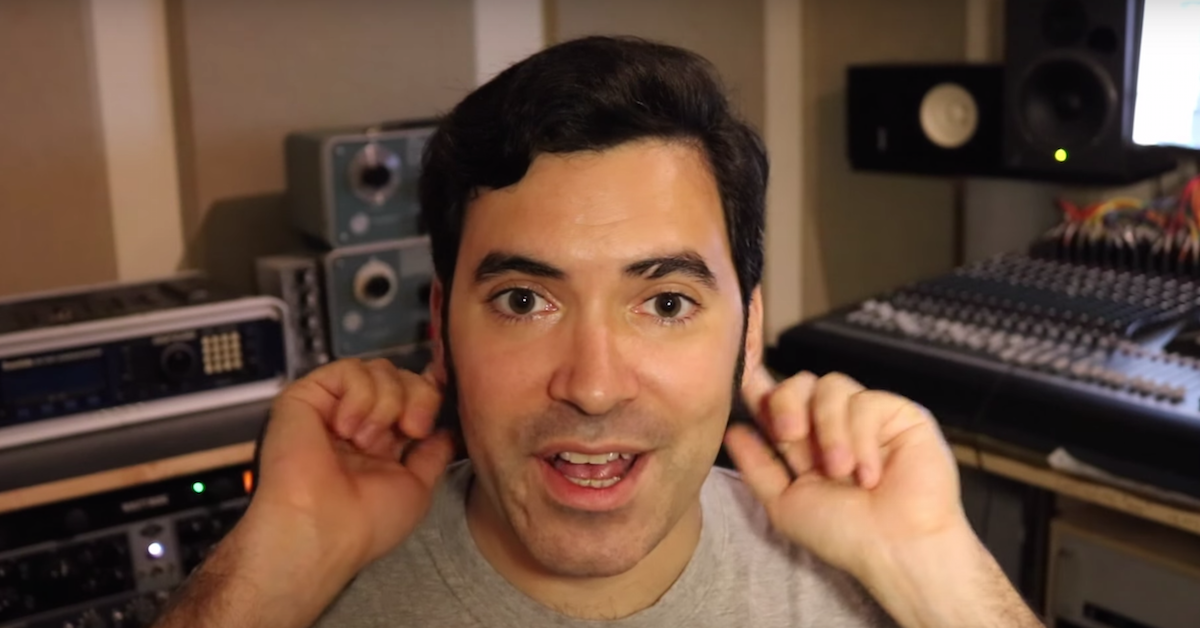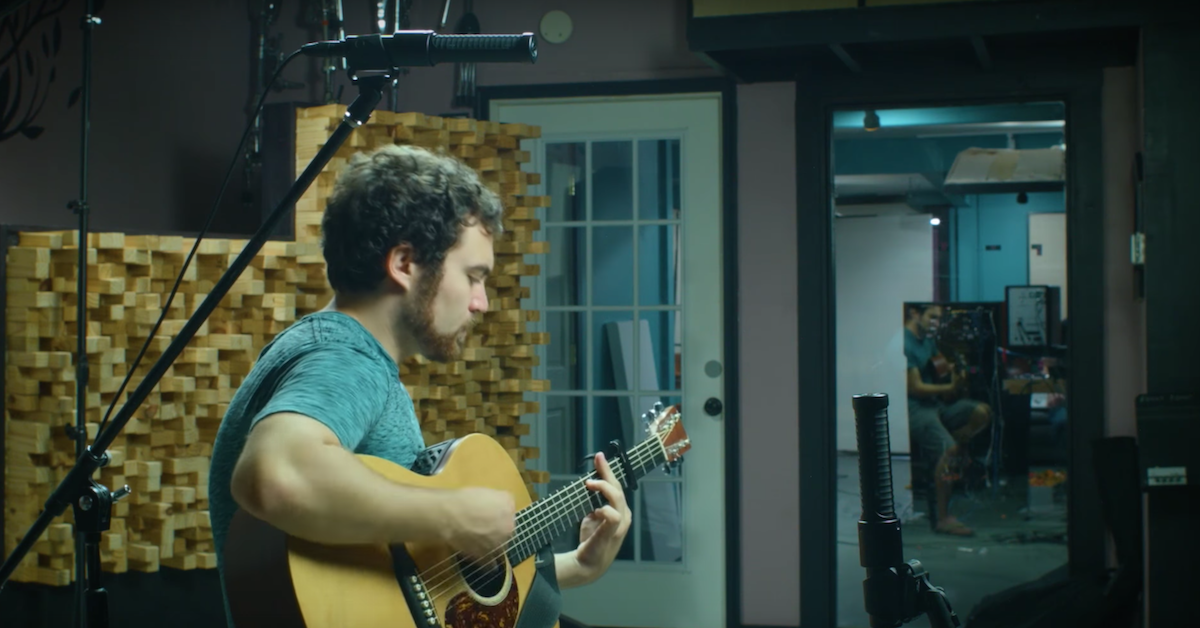5 Technology Trends Transforming the Recording Studio of the Future
Article Content
Every recording studio, from the budget home studio to the high-end professional studio, is a sophisticated system of technology. If there is one thing for certain, technology is going to change.
It’s impossible to predict exactly how technology will change. However, there are several current trends which will likely transform the recording studio of the future.
1. Networked Audio Over IP
One of the fundamental things audio technology does is get signals from one place to another. A microphone sends a signal to an interface, which sends a signal to a computer, which sends a signal back to an interface, which sends a signal to loudspeakers.
This process has been overdue for an update for a while. Here is where audio over IP can come in.
Since there are so many different systems which need to communicate in a studio, it would be beneficial to have a network communicating information using a robust, standard protocol.
There are already many computers and interfaces (Rednet) using audio over IP. There are even microphones, loudspeakers and DI boxes on the market which are designed for networking.
I expect this trend to continue, primarily because it has the potential to simplify the hassles of connectivity in the studio.
2. Cloud Computing
Just about everything related to technology has been moving to the cloud (i.e. files stored remotely away from a local machine). Digital Audio Workstations (DAWs) are already making the transition, too.
There are entire DAWs designed for the single purpose of working in the cloud (Ohm Studio, others). Even Pro Tools, the industry mainstay known for slowly innovating, now offers cloud collaboration.
At this point, the only real question is if “working in the cloud” completely takes over as the standard workflow or if it’s just a second option to the conventional way to store sessions.
3. Remote Recording Over the Internet
The recording studio has always been a place of collaborative creativity throughout history and I don’t see that changing anytime soon. If anything, I think technological advancements will make this even more possible.
There has always been something special about having people get together in the same room to feed off each other and create music. But, it can be a logistical challenge to get everyone together in the same physical space. Nowadays, many people send tracks back and forth to contribute to a song even if they never step foot in the same room.
Remote recording over the internet offers the best of both worlds. Groups of people can work together in real-time while being in different places all over the globe. All the benefits of being able to feed off each other and communicate are possible.
4. Virtual Reality
Maybe you still have doubts about how collaborative it will be to look at a two-dimensional video on a computer screen of your bandmate in another city recording their part to a song.
Good news. In the future, this experience will involve three-dimensional virtual reality (VR).
There will be VR experiences for almost every aspect of our lives within 5 years. This includes the recording studio. There are already several proof-of-concept designs available (Audio Fusion, Anymotion). There are likely many more on the way.
Have you ever wanted to work in a “professional” studio with a Neve desk and racks of hardware? Have you ever wanted to lay down a vocal track while relaxing by the beach looking out at the ocean? Why not?! You can in VR.
On the flip side, I would personally love to see artists broadcast VR experiences of their own studio sessions. Google created a VR experience of Abbey Road studios. Imagine a live VR recording of an actual Beatles recording session.
5. Digital and Analog Hybrid Systems
A modern audio recording is a combination of hardware and software. The future recording studio will almost certainly continue to be a hybrid of digital and analog systems.
I anticipate hardware and software will become even more interconnected. In addition to hardware controllers of digital software, there will be more software-controlled hardware (reverb, compressor, equalizer). In fact, every piece of gear in the studio could be hybrid hardware/software.
Along the same lines, there are new services offering guitar re-amping online. I could see this trend expanding from guitar amps to hardware compressors, mixing consoles, etc. Therefore, an individual wouldn’t even need to own the hardware because they could rent someone else’s online.
If this concept is combined with remote recording over the Internet, a studio in London could remotely mix their session on a hardware console in New York, using acoustic echo chambers in Los Angeles, with a vocalist in Paris. Using VR, the experience would feel completely connected and natural.
The best part is: all of this will be possible for anyone, anywhere with a computer and internet connection. From where I sit, the future is full of creative potential.






